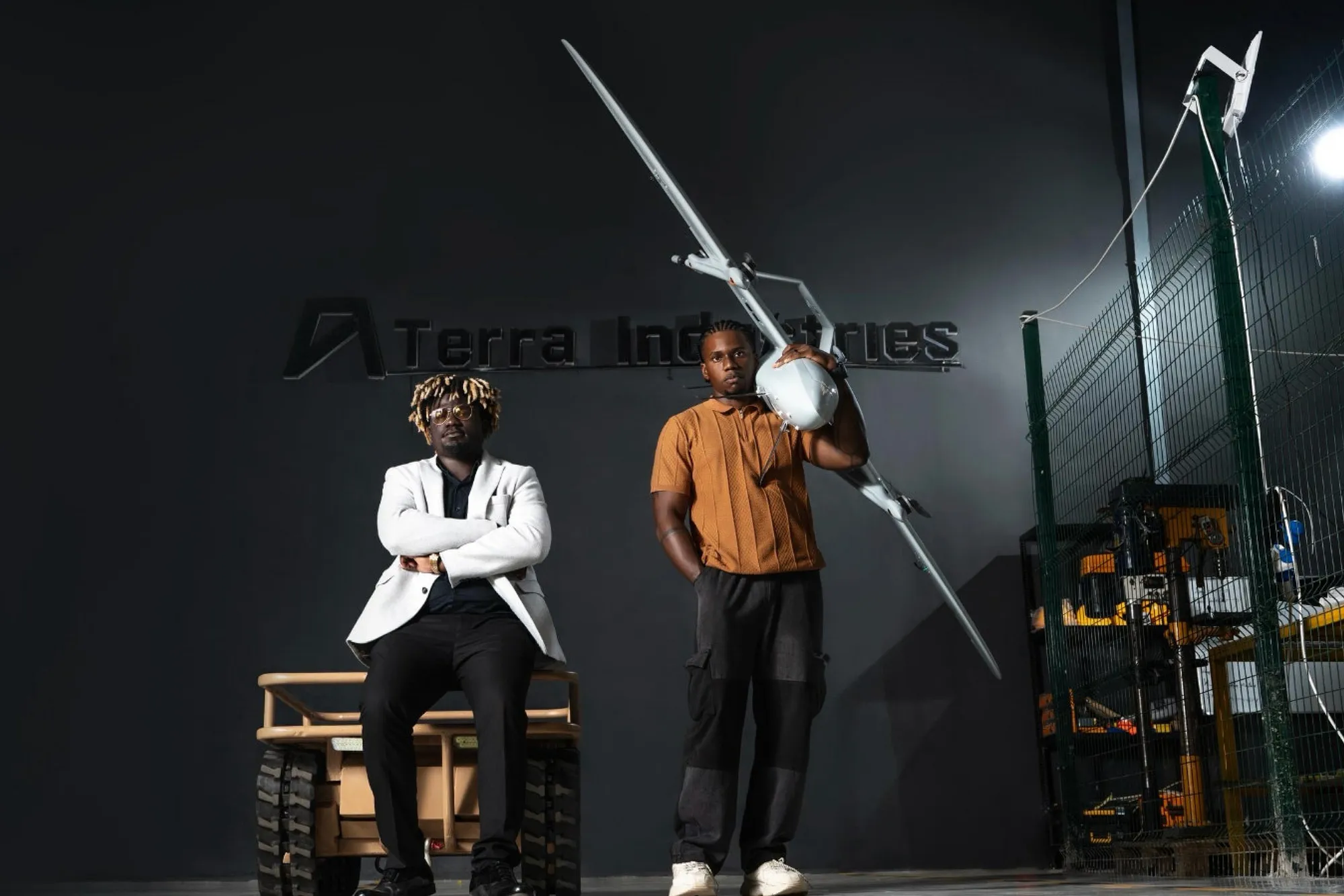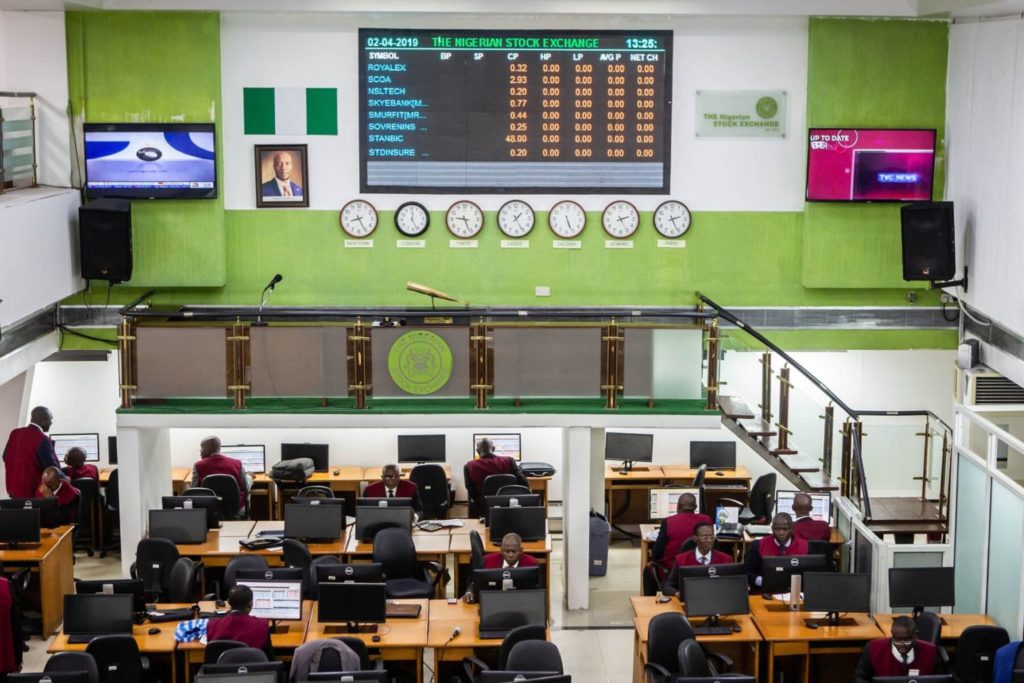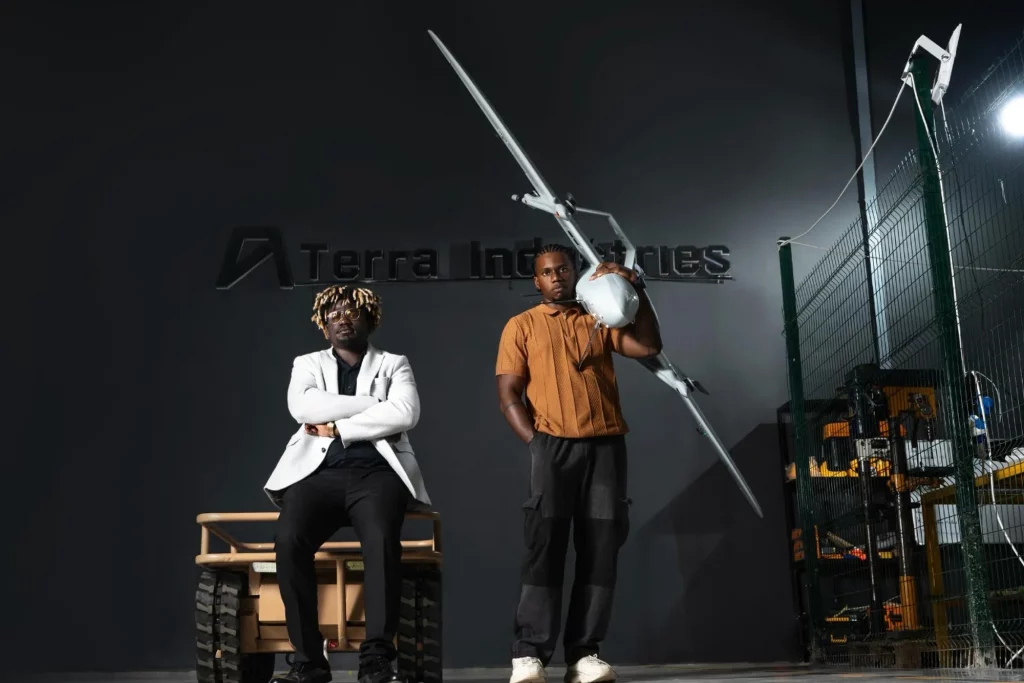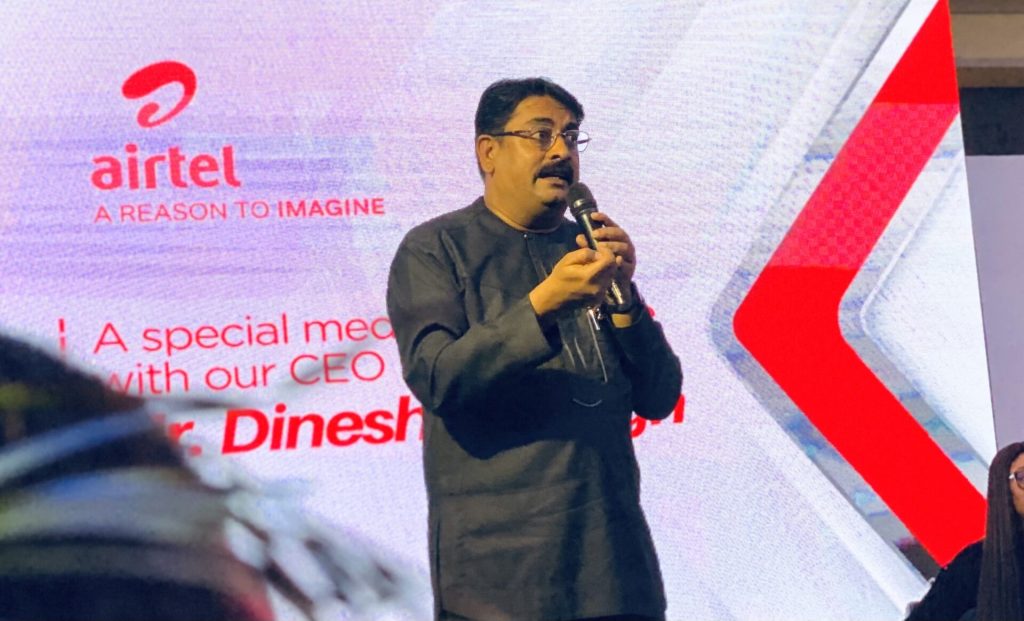The global race to deploy Artificial Intelligence (AI) is accelerating, but as AI systems become more embedded in critical industries like healthcare, finance, etc., an expert says our technical capabilities are outpacing our security frameworks. Cybersecurity strategist and AI Product Risk expert Rianat Abbas warns that AI is being built and scaled without the architectural security needed to ensure long-term trust, safety, and resilience.
Rianat, who currently leads secure-by-design and secure AI product development at the African Institute for Artificial Intelligence (AI-4AI), says the urgency to build digital products with intention is rising. She noted that organizations, especially those developing AI-powered software solutions, must integrate risk awareness and security principles from the very start of product development, not after deployment.
In her widely discussed thought-leader piece, “Zero Trust AI: Applying Cybersecurity Best Practices to AI Model Development,” Rianat lays out a global framework for AI security based on the Zero Trust model, a principle that assumes no actor, system, or dataset should be implicitly trusted. The article draws from Rianat’s extensive expertise and work leading secure-by-design AI initiatives across North America, Europe, and Africa, particularly in her current roles as a lead security product manager at the African Institute for Artificial Intelligence (AI-4AI) and as an AI Business Fellow at Perplexity, a cutting-edge AI research and product company.
“What we’re seeing is a wave of AI implementation without parallel investment in governance, accountability, or risk oversight,” Rianat says. “AI is not just a technical capability; it’s a system of influence, and influence without security becomes a liability.”
Rianat outlines how Zero Trust principles must apply across the full AI deployment lifecycle, from defining the business problem and sourcing training data to evaluating model performance and monitoring for drift or abuse. She highlights modern threats, including model inversion, prompt injection, supply chain compromise, and data poisoning, explaining that these are not theoretical risks but active vulnerabilities that many teams fail to plan for.
She argues that performance and security must be decoupled: “Just because a model works doesn’t mean it’s safe. Speed without security creates exposure, and companies are racking up unseen risk as they scale.” Rianat offers practical steps AI leaders and organizations can take, which include
- Adversarial training to test resilience
- Watermarking models to detect misuse
- Vetting third-party libraries and APIs
- Implementing encryption and differential privacy
- Deploying anomaly detection and continuous threat monitoring
Rianat’s perspective has become a reference point for professionals working at the intersection of AI, cybersecurity, and ethics. She has sparked dialogue across sectors, reinforcing that the conversation around AI must evolve beyond performance and begin with integrity. Her technical work spans areas like LLM threat analysis, secure-by-design, risk management, and AI product development. But Rianat is not just speaking to technical audiences; her work emphasizes cross-functional and policy-level collaboration. “Zero Trust AI is not a niche framework. It’s a governance model for the future. And if we don’t put it in place now, we will be responding to crises instead of designing out of them.”
In addition to her role at AI-4AI, Abbas is the co-founder of TechNovelle, a global hub delivering insights, resources, and community-driven content at the intersection of AI, data, and cybersecurity. Through TechNovelle, she supports professionals and early-stage founders navigating risk, policy, and resilience, particularly in underrepresented regions and industries.
Beyond her organizational roles, Abbas is also advocating for a broader industry shift in how we approach AI product development. She calls on industry leaders, investors, and regulators to move beyond
surface-level commitments and take product security seriously as a core metric of long-term success.
“It’s time we recognize that product security is not just a technical feature; it’s a strategic differentiator. It shapes public trust, investor confidence, and a company’s ability to scale responsibly. I believe the next generation of tech leaders will be those who build security into the way they think, not just the way they code. We need to invest in secure design principles, upskill cross-functional teams, and create space for ethical risk thinking — especially in AI. If we don’t do that now, we’re going to lose ground not just in innovation, but in the integrity of the systems we’re putting into the world.”
Rianat encourages professionals across product, cybersecurity, and engineering to take ownership of their role in this shift, urging them to develop expertise in emerging security standards, prioritize continuous learning, and engage meaningfully with multidisciplinary teams.
She added that being a security-aware product leader today means thinking across domains: from user experience to regulation, from systems architecture to social impact.
“The future of AI product security will be shaped by those who can see across silos, who understand how to translate between risk and reality and who can lead with clarity in complexity. That’s the kind of leadership I try to model, and the kind I hope to see more of across the industry.”
Abbas brings a background in product and cybersecurity leadership from global firms including Volkswagen Group, Futurice, and Revolut Bank, where she led initiatives focused on digital risk, enterprise transformation, and regulatory strategy.


















